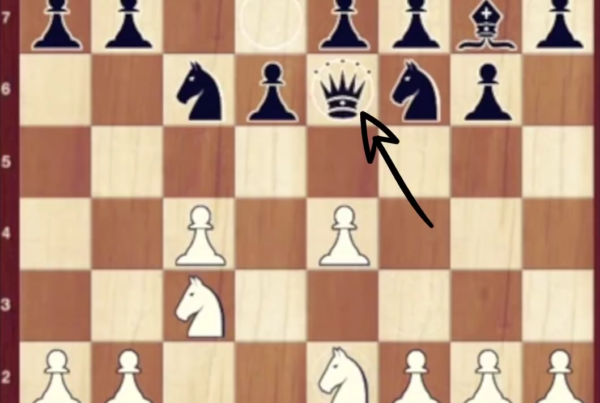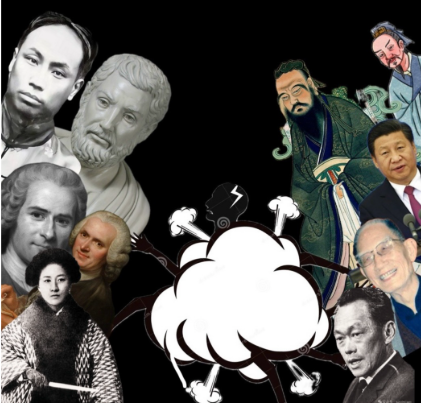By Justas Kidykas
The heads of the European Union, especially Germany, are continuing to pressure Central-Eastern European countries including Lithuania to accept and shelter more refugees and migrants arriving from the Mediterranean region and the Middle East. The local governments are wedged into the corner by Brussels and politely ordered not to complain, while at the same time, Brussels does nothing itself to prevent an uncontrollable flow of migrants to wide-open Europe. Far-right movements can now staunchly stand for the protection of their ethnic purity, while the liberal left plays with human emotions and calls for European solidarity towards the incoming immigrants. Yet one must understand that solidarity and sentimentality will not solve this humanitarian crisis.
Nobody neglects that these migrants from Africa or the Middle East are fleeing horrible conditions in their home countries. Nobody would reject that these unfortunate migrants should be provided with safe and secure haven. Yet, nobody can assure that these or other migrants have the human right to purchase the status of a refugee at their preferred country. Civilians who are running away from the horror at home but refuse to be refugees in countries like Greece or Italy immediately lose the status of refugee, and become economic migrants who disobey the rule of law. However, this does not mean that we should vilify them; but simply realize and recognize that sovereign states have neither moral nor legal responsibility to admit these migrants. Our world is not without borders.
Yet the core of the problem lies not with Europe’s response to the humanitarian crisis, but with the European Union’s actions before. Yes, when we consider the stories of real war refugees, it is the utmost necessity to not only show compassion with our thoughts and words, but also by our actions. We must comprehend their personal tragedies and have the political will to help them back at home. As Anne Applebaum has insisted, the turmoil in Syria and Libya is not just their domestic problem but also the result of the fiasco of EU foreign policy. The strongest European countries were not too eager about global US leadership; but at the same time were refusing to take responsibility through economic and military means. In this case, this turmoil evinces the reality of the crisis of the European Union as a quasi-political establishment, which dreams of reaching Fukuyama’s end of history. Europeans had decided that they could live without effective security and foreign policies; that they can naively resign from global power games; and that it will be sufficient enough to have a sham defense budget; and that whenever there is a trouble somewhere, they can express their huge concern while remaining far away from all geopolitical realities.
Is the European Union really ready to accept as many people as will come from further parts of Africa and Asia? If not, when and how will we draw the line? Why it has not been drawn yet? What are we waiting for? For now, we do not have any clear answers, but what is most alarming is that the essential questions are being raised very heavily and reluctantly. Moreover, when a rational search for solution is attempted, the public sphere roars in condemnation: when the small boy drowns in the sea, how can we be rational, now taken to mean callous and insensitive, and think about politics and safety? Serious discussion about migration to Europe and its causes and solutions is being drowned by the slush of societal sentimentality. Political correctness is not the solution for this humanitarian crisis. Politicians and the whole European Union must rely on their intelligence and self-command in order to achieve rational and practical solution for both Europe and our neighbors.
Other posts that may interest you:
- The Trouble with ‘Ecocide’
- Carbon dioxide removal – hit or miss?
- Local Victories for Turkish Opposition — A Sign of Hope?
- Are France and Japan a Mismatch Made in Heaven?
- A Reflection on Dark Tourism
Discover more from The Sundial Press
Subscribe to get the latest posts sent to your email.





Thanks a lot for helping. This was really very informative.